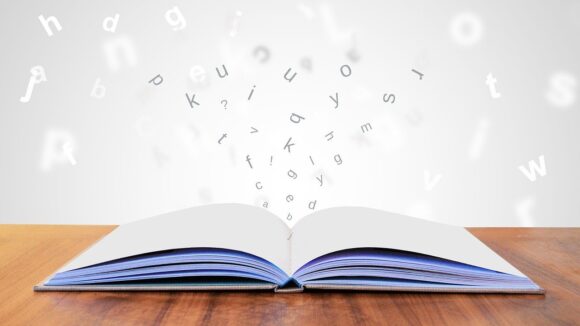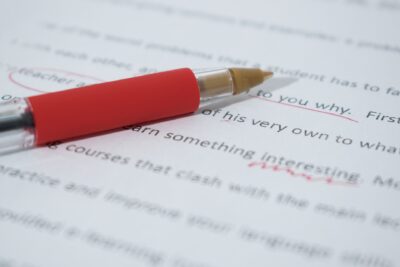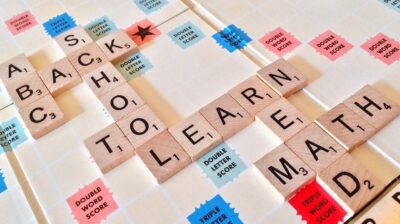
Ever get into an argument with someone about whether something is really a word? It happens to the best of us – just check out this video of Jennifer Gardner trying to correct Conan O’Brien’s English, only to get the tables turned when he pulled out a dictionary.
Conan had the right idea: Dictionaries are, ultimately, the best way to resolve any language dispute. Far from just being a tool for elementary schoolers to learn new vocabulary, they provide a way for us all to hone our skills and an important central authority that dictates what’s right and wrong.
Still, if you’re trying to resolve a linguistic argument, you might find yourself wondering: what dictionary should you look at? There are several prominent English dictionaries in the world. Though the vast majority of their entries are the same, there are a few differences between them.
Who’s the main authority? There’s no one dictionary that is necessarily better than another. But by looking at the most popular dictionaries, you can get the best sense of what other people agree is the use of the word. Here are some of the most-used dictionaries in the English-speaking world, along with a bit of information about each of them.
- Oxford English Dictionary
The name “Oxford” is often associated with the prestigious Oxford University in England, which is why to most people, this British dictionary screams posh and sophisticated. In fact, the Oxford English Dictionary is published by the university that shares its name. First published in 1884, the dictionary remains the pre-eminent resource on British English. Keep In mind, though, you have to pay to access it online.
- Merriam-Webster Dictionary
For most Americans, Merriam-Webster is the classic dictionary. Found in libraries and classrooms all across the United States, Merriam-Webster is a mainstay dictionary that was first created in 1828 by Noah Webster. Since its inception, millions of copies of Merriam-Webster have been sold worldwide. In the modern day, their online dictionary is free to access.
- Google Dictionary
This non-traditional dictionary is one of the most used in the world, largely because of how accessible it is. As part of a free dictionary, Google definitions often pop up when you search for a definition of a word – even when you weren’t necessarily looking for Google’s answer. It gets its information from Oxford but rephrases definitions sufficiently that there are sometimes slight variations in meaning between the two resources (more on this later).
Examples of how these dictionaries disagree
This theory is all well and good, but if you haven’t actually sat down and compared definitions from any of these dictionaries, these might not seem like big differences. And much of the time, they aren’t. For instance, consider these three varying definitions for the word “history” from the above three dictionaries:
Oxford English Dictionary: all the events that happened in the past
Merriam-Webster Dictionary: events of the past
Google Dictionary: the study of past events, particularly in human affairs
Though the phrasing for all these definitions is slightly different, they all mean essentially the same thing. However, there are slight differences in how these three dictionaries define other terms which are slightly more complex. That means someone might use them differently or come to different understandings about the word, depending on which dictionary they reference.
For instance, compare the way the three dictionaries alternately define the word “bibulous”:
Oxford English Dictionary: liking to drink too much alcohol
Merriam-Webster Dictionary: fond of alcoholic beverages
Google Dictionary: excessively fond of drinking alcohol
Though at first glance, these definitions might seem to be the same, there are nuances here. While both Oxford and Google define bibulous as specifically meaning someone likes alcohol too much, Merriam-Webster says it just means someone who likes alcohol. That means, according to Merriam-Webster, the word bibulous doesn’t necessarily contain a value judgment, but the other two dictionaries disagree. Depending on what dictionary you reference, you could use the term bibulous in a well-meaning way, but someone else could interpret it as an attack on their drinking habits.
Most of the time, if you have a communication mix-up due to dictionary disparities, you can explain it away as a simple error. Still, it’s important to double-check things for professional documents. And when in doubt, don’t go for a fancy word – use a simpler term with a more broad definition.


